Returning Home
For many students, returning home after spending time abroad can be much more difficult than expected. Although you are probably happy and excited to see friends and family, it can be hard to leave behind the life you grew to know abroad. But you don't have to leave that life behind! Here are some tips to deal with re-entry shock and other results of returning home.
What is Re-entry Shock?
Just like culture shock, re-entry shock is your body and mind’s reaction to the significant change you are experiencing. The reaction can range from simple annoyance and grumpiness to sadness and a desire to make major life changes. Be cautious and reflective when you’ve returned from studying abroad and give yourself time to adapt back. Here are some resources you can explore:
Re-entry: Returning Home from Study Abroad (an article from a student’s perspective)
Reverse Culture Shock page from StudentsAbroad.com
Going Abroad Again
Many students find they are very interested in studying, working or volunteering abroad after their first experience. There are many options you can explore and we encourage you to think what is best for your next step. Also, use your university or college’s international office and career services office to learn about all your potential opportunities.
Here are some options to consider:
- Applying for another study abroad program
- Applying for an internship abroad
- Looking for work abroad
- Teaching English abroad
- Working in international education with international students in the U.S.
- Working in international education with students who wish to study abroad
- Working in international education abroad with students coming from the U.S. and other countries
- And, you are always welcome to come back to ACLAS to take one-on-one courses from our teachers!
Study Abroad and Career Development
As you probably recognized, you’ve learned a lot during your study abroad experience. Here are some suggestions of skills and qualities that you might have acquired while you are abroad. Be sure to consider these when writing cover letters and in job interviews. If someone asked you to tell them a story of how you dealt with an uncomfortable situation perhaps you could use a story from your study abroad experience?
Skills potentially developed while studying abroad:
- Understand cultural differences and similarities
- Adapt to new environments
- Learning through listening and observing
- Establish rapport quickly
- Function with a high level of ambiguity
- Take initiative and risks
- Utilize time management skills
- Identify problems and utilize available resources to solve problems
- Accept responsibility
- Communicate despite barriers
- Learning quickly
- Handle difficult situations
- Handle stress
- Cope with rejection
Qualities potentially developed while studying abroad:
- Self-reliance
- High energy level/enthusiasm
- Appreciated of difference
- Perseverance
- Flexibility
- Open-mindedness
- Assertiveness
- Inquisitiveness
- Self confidence
- Self knowledge
- Independence
